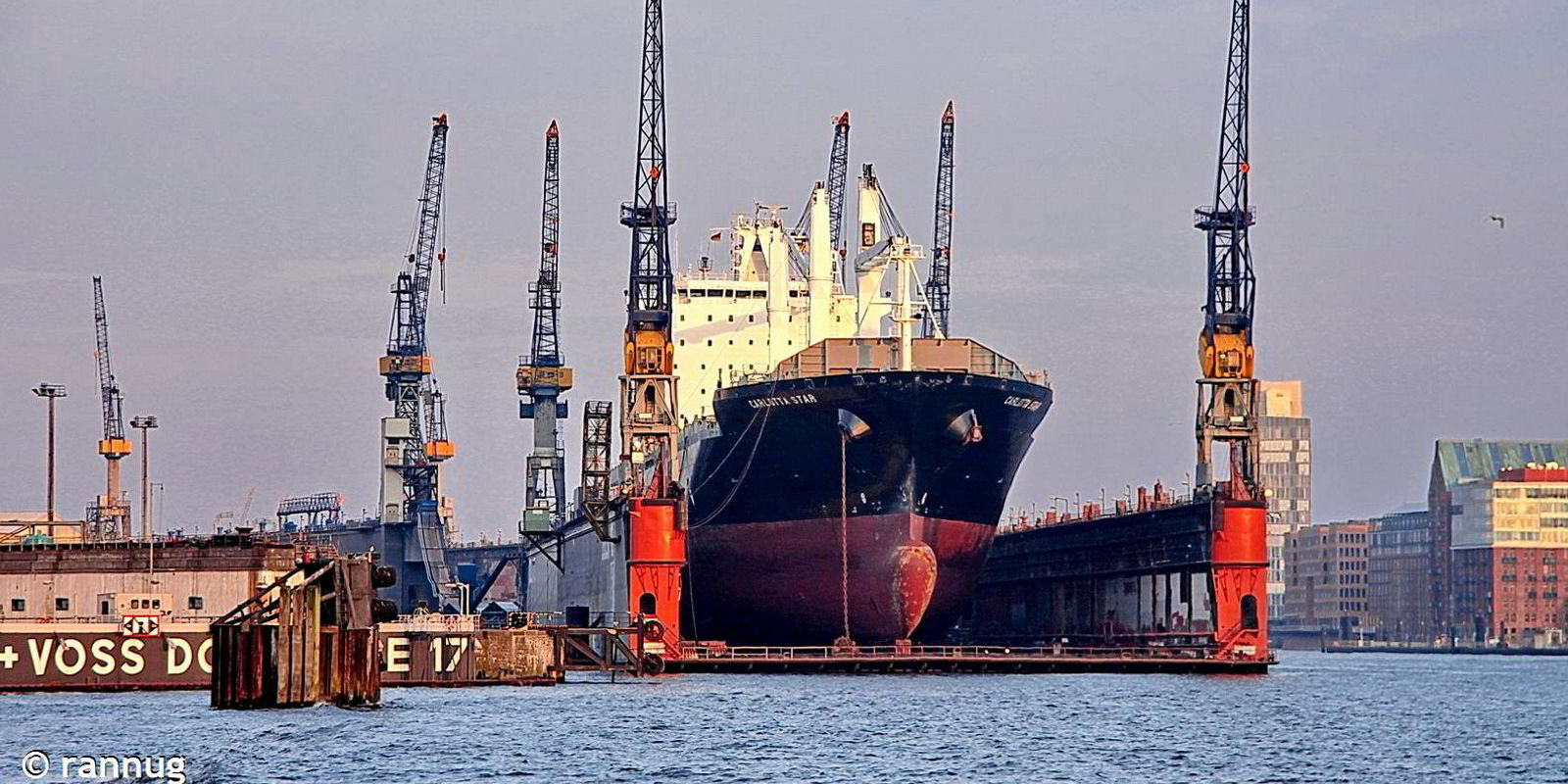UK shipping fund Tufton Oceanic Assets is paying out more to investors after a strong finish to 2020.
The London-listed company said it had been "encouraged by the resilient performance", as well as recent increased charter coverage.
The outfit hiked its target annual dividend to $0.075 per share, up from $0.07.
The third quarter pay-out was $0.0175, and the company paid $0.01875 in the final three months of 2020.
Tufton Oceanic bought five more vessels in the second six months, bringing its fleet to 21 ships and fully investing its raised funds.
Net profit in the second half was $21.9m, compared to $5.5m in 2019, while revenue rose to $23.3m from $6.8m.
The net asset value (NAV) per share increased from $0.93 on 30 June to $0.98 on 31 December.
The NAV total return was 9.3%.
All vessels employed
All Tufton's ships were on fixed-rate charters at the end of the year. Tufton Oceanic said vessels coming off charters before 30 June this year represent 3.5% of NAV, "so the portfolio remains largely insulated from geopolitical and macroeconomic shocks".
Only 6% of seafarers on its vessels were overdue for rotation at the end of December, compared to 40% in July 2020.
The average energy efficiency of the company's fleet improved 2% last year, as measured by the Energy Efficiency Operational Indicator (EEOI).
But containership figures increased mainly as a result of higher speeds, which were established by the charterers not the company.
Tufton Oceanic said: "The increasing challenges for the shipping sector, with fuel efficiency and the move to reduce emissions in line with IMO's proposals, may present an opportunity for a well-capitalised fleet with a proactive investment manager."
Chairman Rob King added that the second half of 2020 was active.
"That activity has continued into 2021, with the company now fully invested as of early February 2021," he said.
King said the fund has benefited from diversification between different segments of shipping.
"The tanker market was strong in the first half of 2020 while the containership market was weak," he said. "The roles were reversed in the second half of 2020."
Boxship values rising
Containership time-charter rates rose to the highest levels since 2009 and asset values followed, resulting in a gain in capital value of $10.9m.
Product tankers had strong operating profit as long-term charters largely insulate the company from a weak market.
Bulkers completed short-term charters at relatively low rates and then started new deals at a higher average rate.
"I am encouraged by the company's performance over the financial period and believe the strategy of diversification, strong charter cover and low leverage will enable the company to grow profitably in the coming years," King said.
At the start of March, Tufton Oceanic kick-started its next expansion phase by launching a share tap issue worth up to $25m.
The new phase of fundraising comes after a restructuring at the beginning of this year that saw an unnamed European family office buy a stake as a fresh investor.







